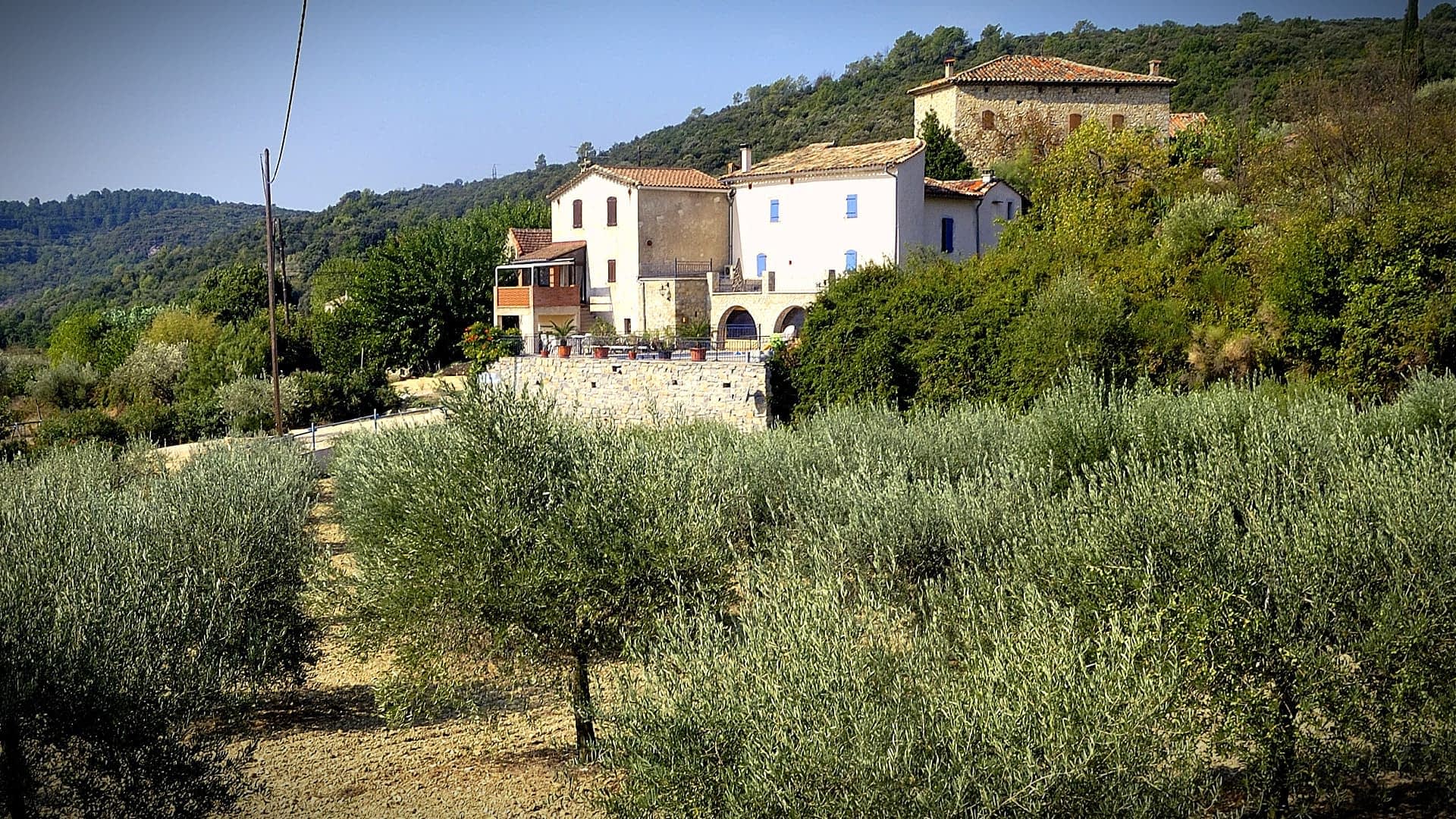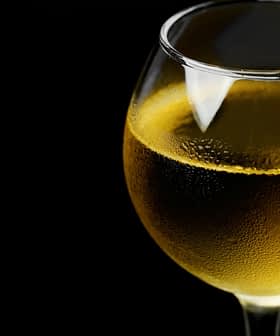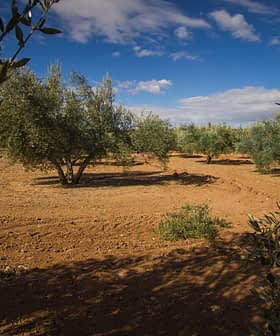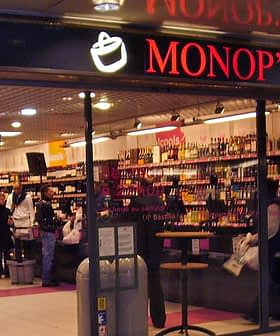Languedoc Extra Virgin Olive Oil Receives PDO Certification

Languedoc extra virgin olive oil from France has received a Protected Designation of Origin (PDO) certification from the European Commission, officially recognizing the oil’s unique characteristics and the local practices of olive growers in the region. The certification specifies that the oil is produced from olives of the Lucques and Olivière varieties, with each main variety accounting for no more than 70 percent of the oil, and that it must comply with strict specifications relating to the growing and processing of olives and the bottling of olive oil.
Languedoc extra virgin olive oil from France has received a Protected Designation of Origin (PDO) certification from the European Commission.
The French olive oil was added to the European Union’s geographical indications (GI) register for food products under Huile d’olive du Languedoc on October 31st, after the application was submitted to the Commission in December 2020.
The commission specified that Languedoc is a multivarietal olive oil chiefly produced from olives of the Lucques and Olivière varieties or a blend of the two with other traditional local olive varieties. Each main variety must account for no more than 70 percent of the oil.
See Also:Europe Strengthens Rules to Protect PDO and PGI Products“Languedoc olive oil is now officially recognized as a protected designation of origin (PDO),” a press release by the French National Institute of Origin and Quality (INAO) said. “This recognition values the practices developed over time by local olive growers.”
“[The oil] is characterized by aromas of tomato and almond, sometimes accompanied by notes of apple, both olfactory and gustatory moderate bitterness and acidity on the palate,” the press release also stated.
Languedoc extra virgin olive oil is produced in the Aude and Hérault geographical departments in the coastal region of Languedoc in southern France, which stretches from Provence to the Pyrenees Mountains on the country’s border with Spain.
The PDO label certifies that the specific organoleptic characteristics of Languedoc extra virgin olive oil are due to the geographical location and local know-how in olive oil production. It also communicates the quality of the oil to European consumers.
Conversely, for a bottle of olive oil to be recognized as Languedoc PDO, it must comply with strict specifications relating to the growing and processing of olives and the bottling of olive oil.
“It took 13 years to get there,” said Jean-Bernard Gieules, the head of the Lucques and Languedoc olive oil union. “This is a real recognition that began with the AOC [Appellation d’origine contrôlée] in 2020. And it completed the reputation [of the oil].”
Languedoc boasts a centuries-old tradition in olive growing, with historical records showing that the local economy was primarily olive-based from the mid-10th century. By 1950, the area boasted a total of 150 olive oil mills.
However, the historic frost of 1956, when temperatures plunged from 21 ºC during the day to –17 ºC at night, wiped out the olive groves throughout the region, devastating the local olive oil industry, which started to flourish again in the 1980s.
More than 100 olive farmers now grow olive trees of Lucques and Olivière varieties on 192 hectares.
The official recognition of Languedoc olive oil by the European Commission raises the number of French olive oils protected across the E.U. with a designation of origin status to nine.









